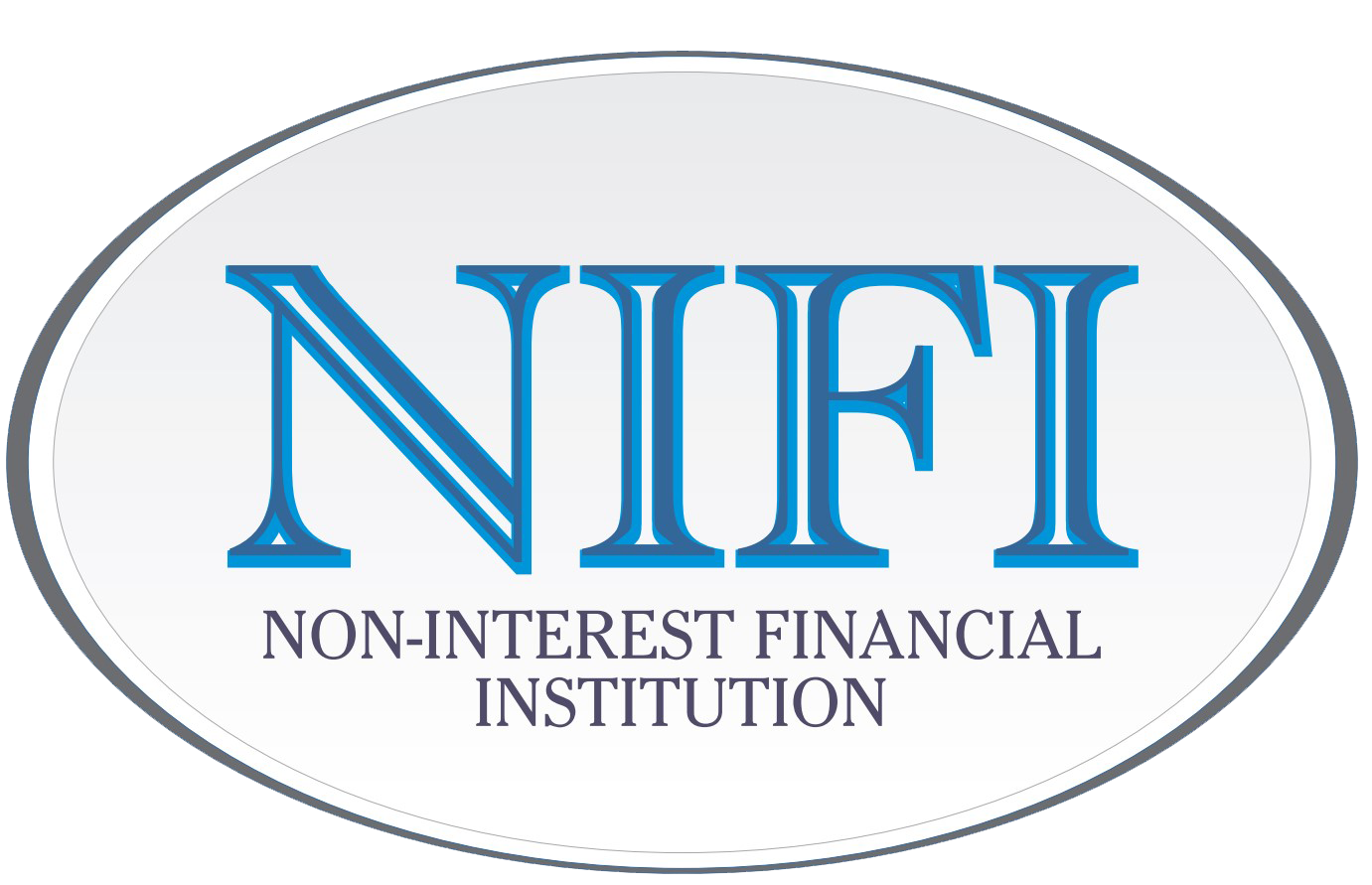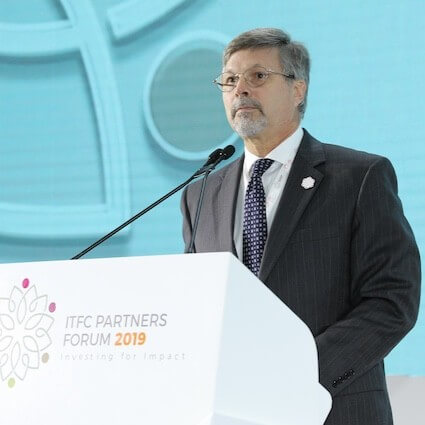It’s countdown to payday! The energy is high as we plan all the things that money will do; money that feels like it’ll solve all the pressing issues before it comes in, and then it never is enough when it does come in. The salary alert hits your phone. For a glorious 48 hours, you feel a wave of relief. You pay the electricity bill, send your sibling some data money, buy groceries, and… poof. It’s gone. You check your balance, and there’s that sinking feeling. You have 25 more days until the next payday, and you’re already feeling broke, because let’s face it, you’re broke again.
This isn’t necessarily a personal failing. It’s called the “paycheck to paycheck” cycle, and it’s a trap that has caught millions of hardworking Nigerians. Let’s be clear; this may not be a “you” problem, it could be a math problem.
A 2024 PiggyVest report it revealed that 37% of employed Nigerians earn less than ₦100,000 per month, a 42% increase from the previous year. This group, the report notes, struggles significantly with essentials, especially housing. Now, add this to the fact that Nigerians are reported to spend about 59% of their income on groceries alone.
When 59% of your money is gone just from eating, what is left for rent? For transport? For emergencies? The answer is…very little. You’re not living; you’re just surviving until the next alert. This constant financial pressure does more than just empty your bank account. It takes a severe toll on your health. A 2024 survey by EFInA found that a shocking 74% of Nigerian adults are “severely financially distressed.” This financial stress is directly linked to anxiety, depression, and high blood pressure, as you’re always one “urgent 2k” request or one unexpected car repair away from a total crisis.
But what if you could break this cycle? What if you could stop being a reactor to your money and become the director of it? It is possible, all you need is a step-by-step plan, and that’s what this article is for.
Step 1: The ‘Brutal’ Truth (a.k.a. Your First Budget)
You can’t change what you don’t measure. The word “budget” sounds boring, but it can be a powerful tool for financial freedom. It’s not a financial prison; it’s your escape plan.
Your budget is not just about you “tracking your spending,” it’s you giving every Naira a job.
This is the principle of “Zero-Based Budgeting.” At the start of the month (or right before payday), you sit down and assign all of your income to a category until you have ₦0 left to assign.
For instance, if your income is ₦150,000, your zero-based budget may look like this:
- Rent Savings: ₦25,000
- Food: ₦70,000
- Transport: ₦20,000
- Utilities (Light, Data, Subscriptions): ₦15,000
- Personal (Toiletries, etc.): ₦10,000
- Emergency Fund Savings: ₦5,000
- “Omo, I no know” (Miscellaneous): ₦5,000
This stops “mindless” spending. When you’re tempted to buy that ₦5,000 shawarma, you now have to ask yourself, Is this coming from my “Transport” budget or my “Food” budget? This simple act of conscious decision-making puts you back in control.
Step 2: Build Your “Lifejacket” (The Emergency Fund)
Living paycheck to paycheck means you have no buffer. When your car battery dies or you get a sudden medical bill, you may be forced to turn to high interest loan apps or borrow from friends, digging you deeper into a hole.
A 2023 report noted that 145 million digital loans worth $2.1 billion were issued, often tiny amounts to just “cover living costs.”
Your first savings goal is not a new car. It’s an emergency fund. This is a separate account with one job: to save you from life’s “gbas gbos.”
How to build it:
- Start Unbelievably Small: Remember that ₦5,000 in the budget? Automate it. Set up a standing order to move ₦5,000 from your main account to a savings account every timeyou get paid.
- Your First Goal: ₦50,000. This may not be enough to change your life, but it’s enough to handle a small disaster without going into debt.
- Your Next Goal: One month’s salary.
- The Ultimate Goal: Three to six months of your essentialliving expenses.
This fund is your peace of mind. This is your first step to sleeping well at night.
Step 3: Slay the Biggest Dragon —Your Annual Rent
Let’s talk about the elephant in the room. In Nigeria, the single biggest financial shock for most people is rent. It’s not monthly. It’s a massive, one-time, upfront payment that can wipe out your entire savings (and then some).
How can you not live paycheck to paycheck when you have to produce 12 months’ worth of housing costs in one go? A 2025 report from Bamboo Routes shows that a standard 2-bedroom apartment in Lagos now costs between ₦1.6 million and ₦5 million a year. In Abuja, you’re looking at ₦1.2 million to ₦1.8 million.
The math doesn’t add up. This single payment is the main reason people get trapped in debt. You save for 10 months, your rent goes up, and you’re forced to get a high-interest loan to cover the difference. The cycle repeats.
Changing the way you pay rent could help with this cycle. Your rent can become a monthly expense that is more affordable for you than a scary lumpsum. We can help with this; with AltRent, you look for the house, we pay your landlord upfront and then you can pay your rent to us monthly. The goal for us is to help you experience ease in as many areas of your life as possible. This solution brings a huge relief to the rent issue for you; you can now pay your rent like any other monthly expense and focus on becoming financially free.
Step 4: Create a “Gap” (Increase Your Income)
You’ve budgeted and you’ve managed your rent. Now, the final step is to widen the gap between what you earn and what you spend.
A budget can only do so much. The fastest way to break the cycle is to earn more money.
- Ask for a Raise: Use your job performance data to negotiate a higher salary.
- Start a Side Hustle: Turn a skill (writing, graphic design, baking, social media management) into a small business.
- Sell What You Don’t Need: Declutter your home and sell items you no longer use.
When this new money comes in, do not change your lifestyle. Give it a job immediately. Use it to increase your emergency fund, pay off any debt, or start an investment. This is how you go from “surviving” to “thriving.”
Your New Beginning Starts Now
Living paycheck to paycheck is a stressful, suffocating experience, but it is not a life sentence. You can break the cycle. It starts with a simple decision.
- Today:Write down everything you spent in the last week. Just look at it. No judgment.
- Before Payday:Create your first zero-based budget. Give every Naira a job.
- This Week:Visit the AltBank website and see how AltRent can take the number one financial stressor, your rent, off your plate with a better payment system.
You work too hard to be this stressed, it’s time to take deliberate steps with your money.




Brilliant 💡 message today
Your approach is so refreshing